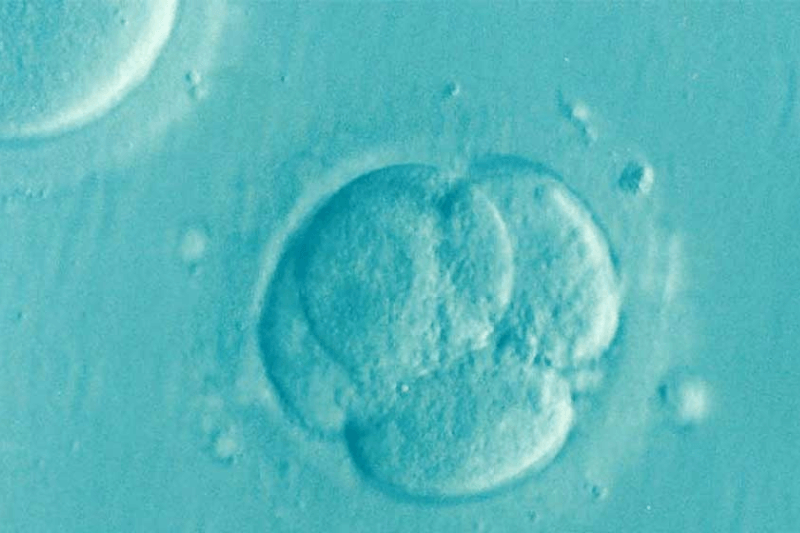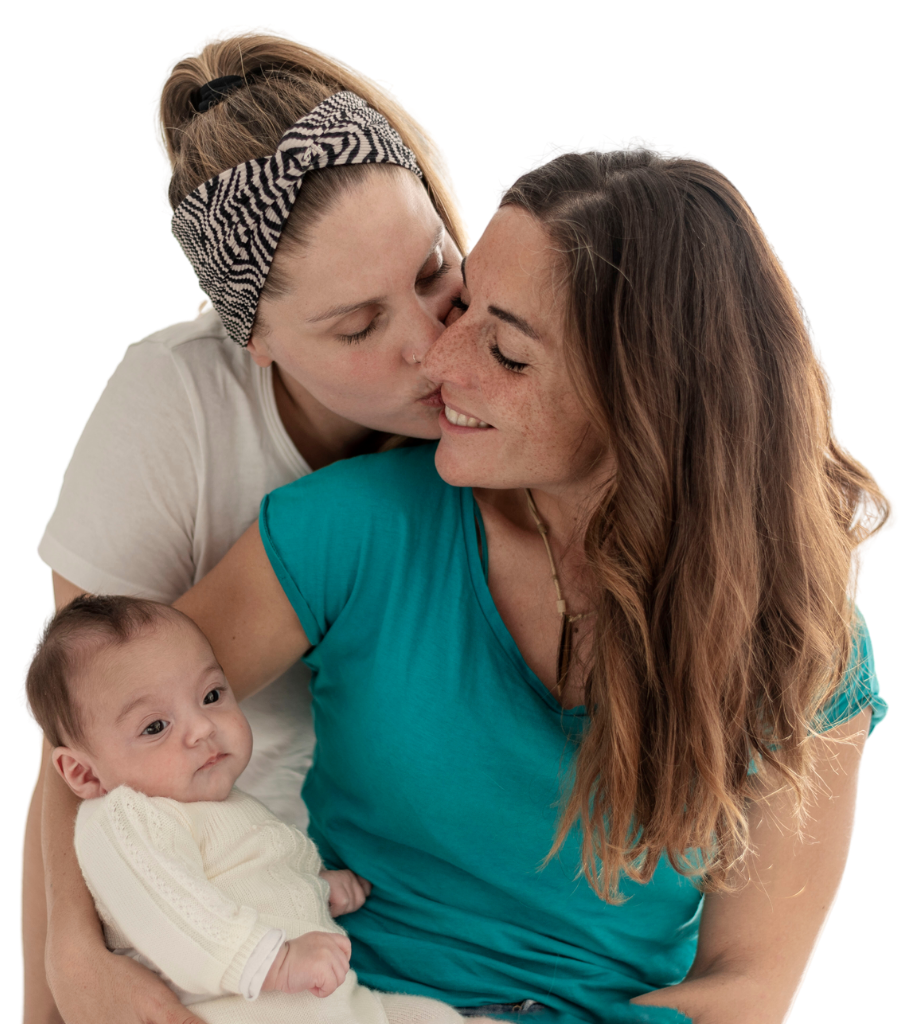What is Ovulation Induction?
For women who don’t ovulate on their own, ovulation induction medication can be a very effective and simple treatment on the journey to start a family. Ovulation induction is often followed up with timed intercourse, intrauterine insemination (IUI), and in some cases, in vitro fertilization (IVF), to ensure the highest chances for conception.
Once our expert physicians diagnose PCOS or another condition that is affecting regular ovulation, we’ll customize treatment and prescribe the medication we believe will give you the best chance to have a healthy baby.
Oral Medications
Pills are taken by mouth usually on cycle day 3 to 7 (or as late as 5 to 9), followed by ultrasound in our office on cycle day 12 or 13. We may then give you a trigger shot (hCG) to boost egg maturation. For conception, we recommend timed intercourse or IUI during the fertile window.
- Clomiphene Citrate (Seraphene or Clomid). This medication has been around for a while and may not be as effective as newer drugs. It induces ovulation by blocking estrogen receptors. Side effects may include headache, mood swings and hot flashes. There is higher risk for multiple gestation, and it may cause the endometrial lining to thin and cervical mucus to thicken, which can decrease your chances for pregnancy.
- Letrozole is a newer, oral medication similar to clomiphene, but safer. It may work better in patients with PCOS, offering a higher rate of ovulation and pregnancy. It has fewer side effects, less risk for multiples, less negative effects on your endometrial lining and cervical mucus. It also does not increase your risk for birth defects or pregnancy complications.
Injections
Gonadotropins (Follistim, Gonal-F and Menopur) are injected daily to stimulate egg development. Our expert staff will show you how to inject the medication at home. It is a more expensive treatment than oral medication and requires more monitoring via sonogram and blood draws. We usually prescribe injections when pills aren’t working. The recommendations for conception are usually the same as oral medication.
Ovulation Success
There are many possible causes for infertility in both men and women. But if we are able to determine that ovulation is your only issue, you can expect a success rate of 15-20% per cycle, which is high — we like to say it’s pretty close to the “perfect” couple.
If you’re having trouble getting pregnant on your own, contact us to find out more about ovulation stimulation. We’ll do a complete evaluation to determine if it’s the right choice for you. Get in touch today.









